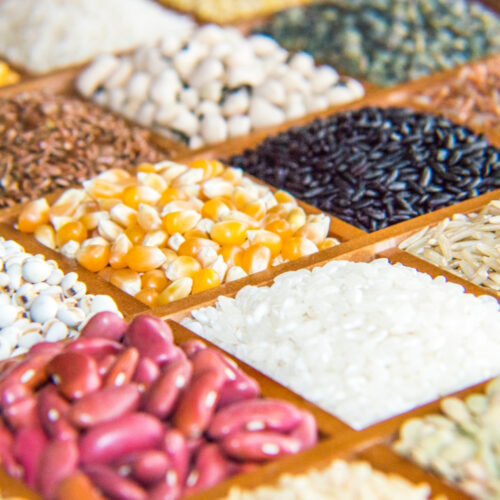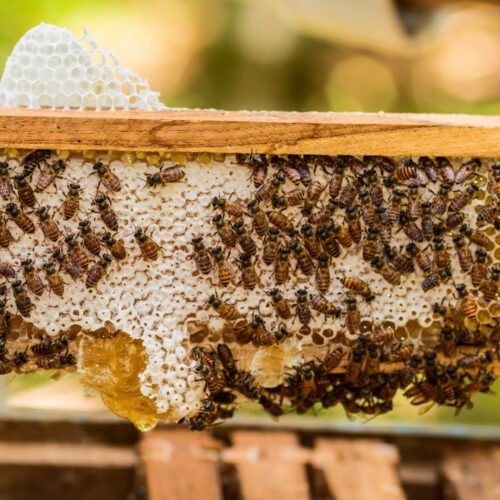I know the word alone can be scary for some of us.
Or it seems like an overwhelming idea to even attempt it.
But fasting is such a wonderful healthy habit, I don’t want you to miss out.
You see, we are trained to be psychologically addicted to food. So it’s not your fault.
Food is used to celebrate, to make us feel better, to comfort us, to socialize… and all of that is totally fine.
It goes too far though when people think they have to eat all the time. When they get hangry if they don’t. If their blood sugar is too unstable so they “have to” eat often.
As human beings, we are not meant to eat all the time.
Aside from the repeated insulin spikes that ensue (that alone causes inflammation), it also means you are digesting all the time (that means not spending time on healing).
Think way back to our ancestors who didn’t have fridges, restaurants, or grocery stores. They had to eat with the seasons and were at the mercy of if they could find/hunt enough food.
As human beings, we are perfectly adapted to the feast/famine process (otherwise our species wouldn’t have made it to this point today).
That means we are at our healthiest when we go through times with food, but also times without.
In the past, nature handled that for us. Now, it is up to us to make that decision.
Since we are made for fasting, there are tons of great health benefits from it.
Some benefits of fasting include:
- weight loss (only if needed)
- supports brain health
- regulates blood sugar
- increases longevity
- burns fat
- reverses aging
- some experience spiritual benefits
- heals your cells
- optimizes mitochondrial function
So the question becomes, how can I do this safely and ease my way into it?
Of the types of fasting, I recommend intermittent fasting for starters. This is a favorite of mine ( I tend to do it about 5 days per week), and can be perfectly adapted to your needs.
The gist of intermittent fasting is to not eat for at least 14 hours. Longer is great, but let’s start with 14 as the goal.
When you look at how long you already go without food overnight, it is not that far to go to get to 14 hours.
- Maybe you’ll have dinner 15 minutes earlier and breakfast 15 minutes later (that alone extends your fasting by 30 minutes)!
- Maybe you prefer to just skip breakfast or dinner (so many patients were relieved when they found out breakfast is not a must).
- Maybe, before you start on the fasting idea at all, you need to start adding more healthy fats into your diet first.
- Maybe you need to start cutting down on snacking first.
There are many ways to adjust an intermittent fast to your needs, these are just some examples.
Don’t forget that your body’s needs will vary from day to day. Maybe one day you breeze through 18 hours of fasting, and another day you’re at 14. That’s perfectly fine.
Even purposefully varying the length of time keeps your body in a state of adaptation – that’s very healthy!
Listen to your body. Work with your body, not against her.
And let’s not forget there are two sides to fasting – eating and not eating.
When it comes to fasting correctly, you do have to eat well during the times you do eat. If you eat too little, you’ll make your body think you are starving… that’s a bad direction to take.
To gain the most benefits from your fasting, you do need to eat right for your body. There is nothing that makes up for poor diet.
Have you done intermittent fasting before? What’s your favorite way to make it work for you?























